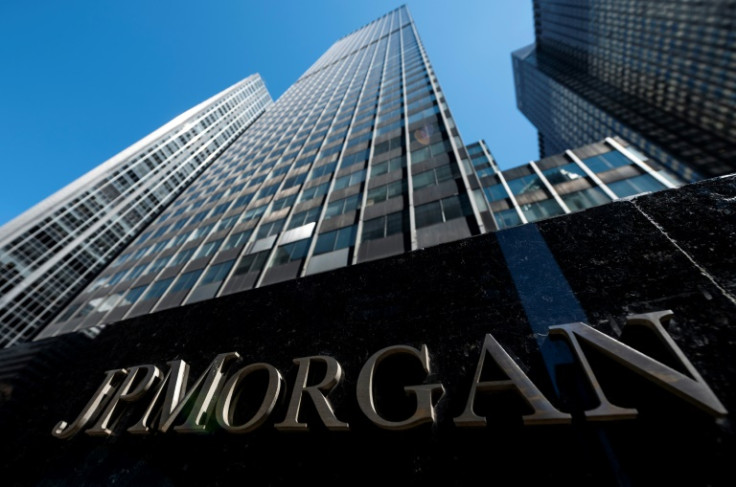JPMorgan Chase To Pay $75 Mn To Settle Epstein-linked Sex Trafficking Suit

JPMorgan Chase announced Tuesday that it will pay $75 million to settle a US Virgin Islands' (USVI) lawsuit that accused the bank of facilitating Jeffrey Epstein's sex trafficking ring.
The big US bank, which previously reached a $290 million settlement with Epstein's victims, also announced an agreement with former JPMorgan executive Jes Staley for an undisclosed sum.
These cases together resolve the bank's remaining litigation over its embarrassing long-running association with the late Epstein.
The agreement with the USVI came a few weeks ahead of a scheduled trial in New York that likely would have bruised both sides.
While the USVI accused JPMorgan of turning a "blind eye" to Epstein's conduct due to profit concerns, the bank levied essentially the same charge against USVI, saying the government helped Epstein obtain visas that allowed him to bring victims to the island.
The settlement, which must be approved by a US court, includes $30 million to support USVI charitable organizations, $25 million to enhance USVI law enforcement to combat human trafficking and $20 million in attorneys' fees.
JPMorgan did not admit liability as part of the settlement, but the "firm deeply regrets any association with this man, and would never have continued doing business with him if it believed he was using the bank in any way to commit his heinous crimes," the bank said in a statement.
"JPMorgan believes this settlement is in the best interest of all parties," the bank said.
The USVI had originally sought $190 million in damages for the bank's role in enabling Epstein's sex crimes, including in the Virgin Islands, where he had a residence.
The USVI said JPMorgan "knowingly, negligently, and unlawfully provided and pulled the levers through which recruiters and victims were paid and was indispensable to the operation and concealment of the Epstein trafficking enterprise," according the original complaint.
The bank hit back forcefully, saying in a May legal filing that the USVI government was "complicit in the crimes of Jeffrey Epstein."
Under a "quid pro quo" relationship with top USVI officials, Epstein "gave them advice, influence, and favors," JPMorgan said in the filing. "In exchange, they shielded and even rewarded him... looking the other way when he walked through USVI airports accompanied by girls and young women."
US Virgin Islands Attorney General Ariel Smith said Tuesday the agreement would prevent human trafficking in the future.
"This settlement is an historic victory for survivors and for state enforcement, and it should sound the alarm on Wall Street about banks' responsibilities under the law to detect and prevent human trafficking," Smith said.
"We are proud to have stood alongside the survivors throughout this litigation, and this settlement reflects our continued commitment to them," Smith said.
The USVI press release listed a number of "substantial commitments" by JPMorgan to combat human trafficking, including informing law enforcement of perpetrators and terminating customers' accounts if there is credible evidence of wrongdoing.
But a JPMorgan spokesperson said the bank has not changed or fortified its policies due to the accord.
"There are no new commitments. Our controls, compliance, risk, and other functions are always improving, and we are continually investing to become even better," said JPMorgan's Trish Wexler.
"We have always worked closely with law enforcement to help combat human trafficking, and we will continue to look for ways to invest in advancing this important mission."
© Copyright AFP {{Year}}. All rights reserved.





















